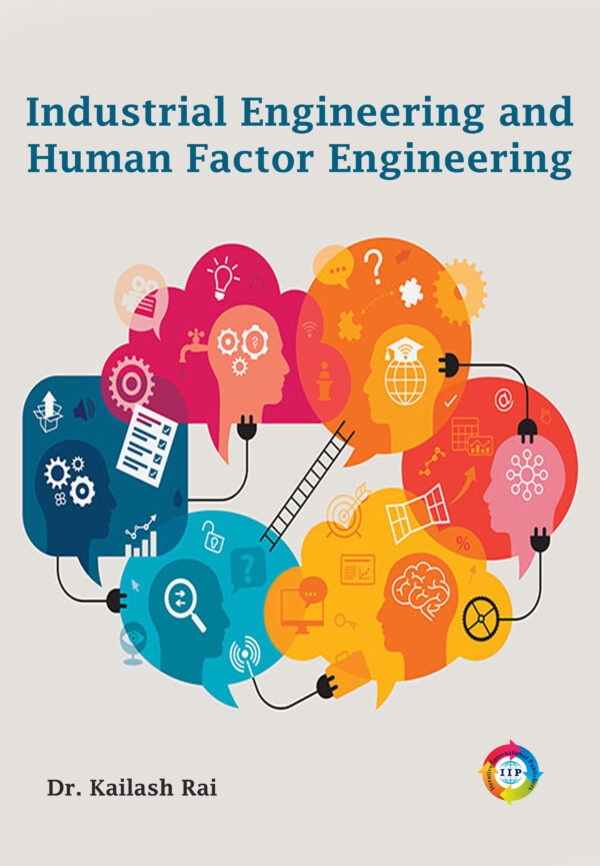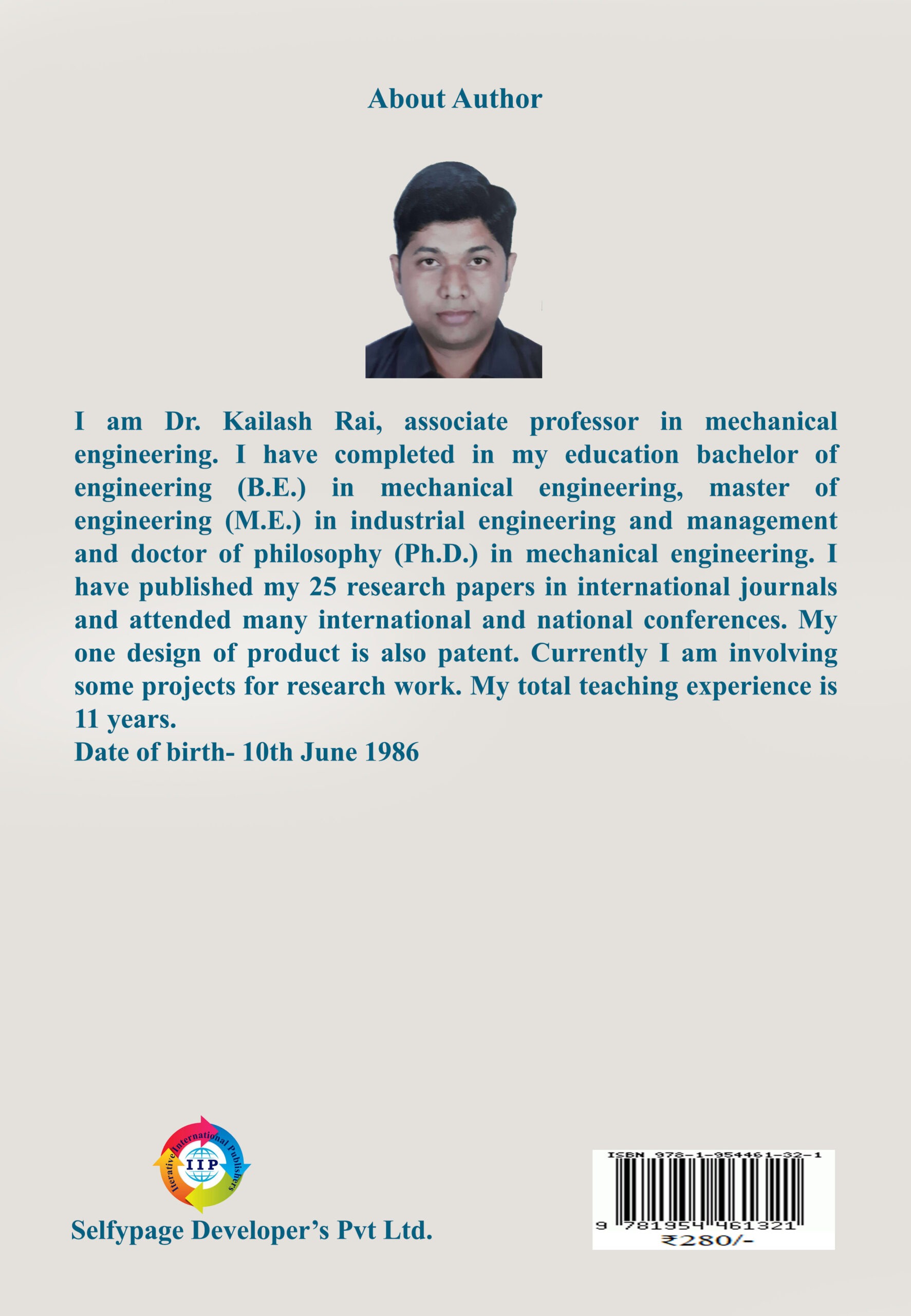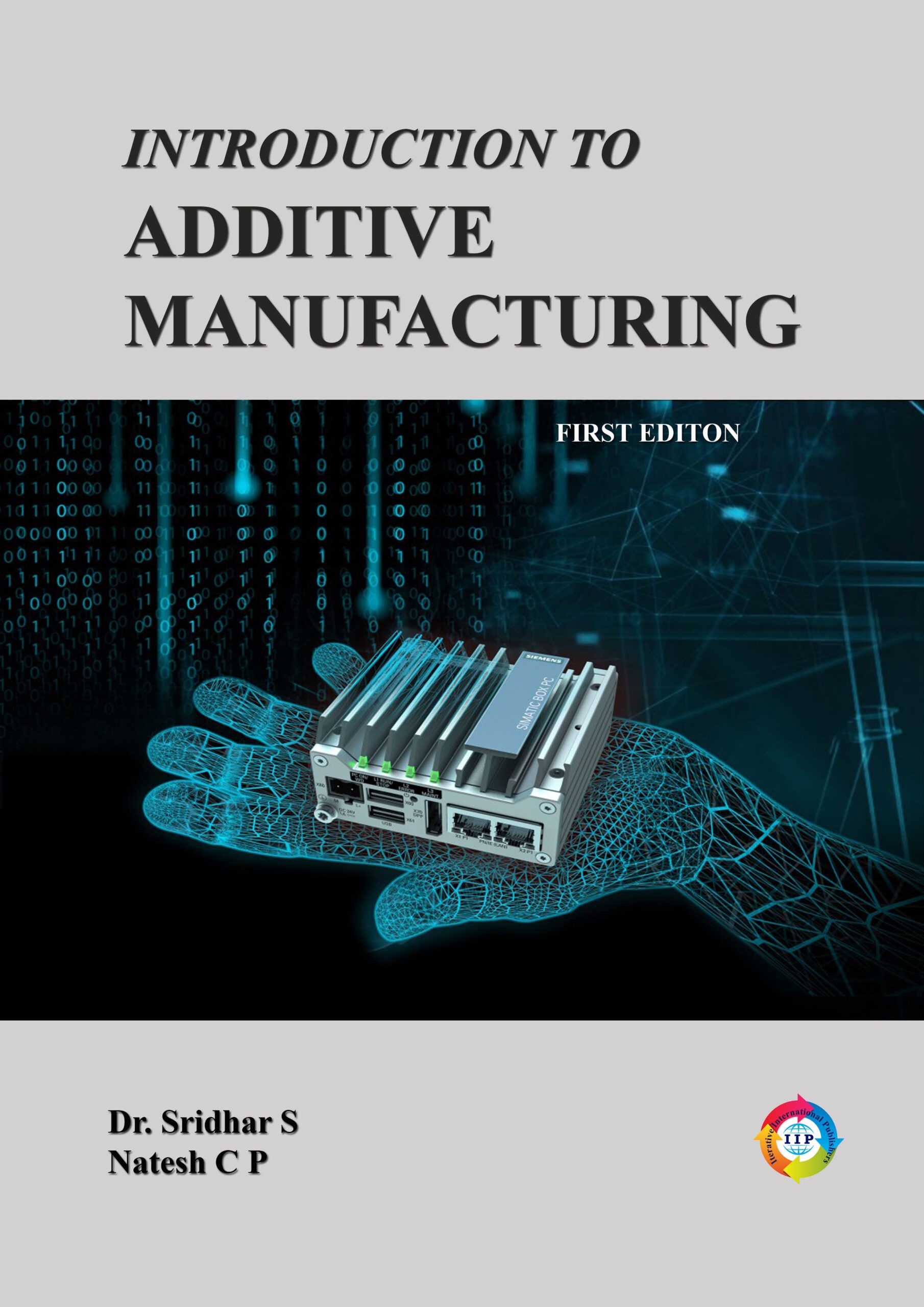This book presents the major tasks performed by industrial engineers, and the tools that support these tasks. The focus is on the organizational processes for which these tasks are needed, and the terminology used to describe the tasks, tools, and processes. The tools discussed here are basic tools that do not require in-depth knowledge of mathematics, statistics, psychology, or sociology.
The book also examines the role of the industrial engineer in the production and service sectors. The intention is to help new students understand current pathways for professional development, and help them decide in which area to specialize during the advanced stages of their studies. This book delineates the broad scope of areas in which industrial engineers are engaged, including areas that became part of industrial engineering (IE) in recent decades such as information systems, supply chain management, and service engineering. These fields are becoming an important part of the IE profession, alongside the traditional areas of IE such as operations management, project management, quality management, work measurement, and operations research. Industrial engineers require a strong understanding and good knowledge in all of these fields in order to perform their tasks.
It has become all the necessary on the part of organizations to enhance productivity and reduce cost, eliminate waste and non-value adding activities to gain competitive advantage. Various techniques of industrial engineering help to increase productivity and help to create working climate wherein each one will contribute positively towards achieving organisational goals.









Reviews
There are no reviews yet.